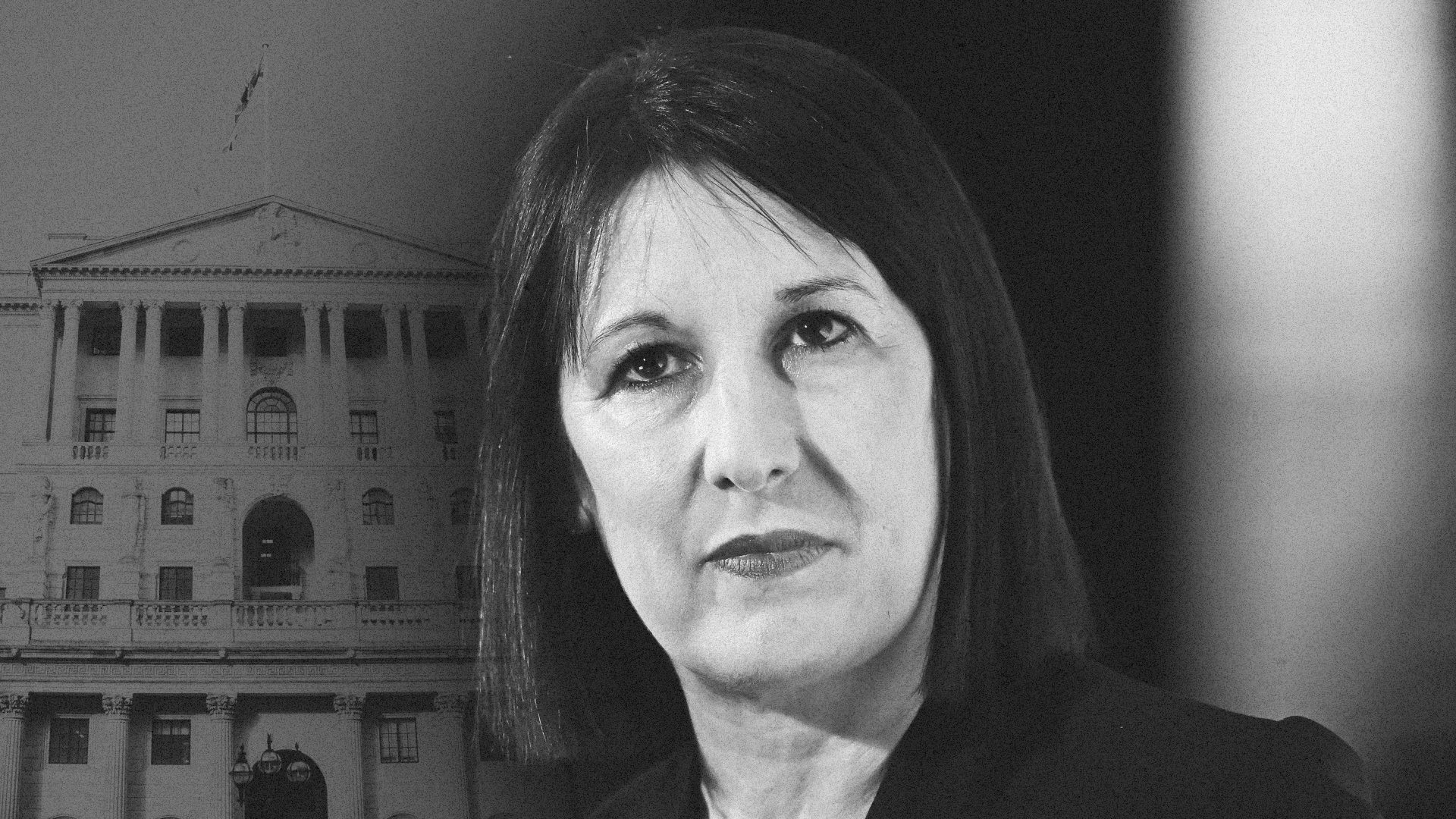Good news! The Bank of England really is independent of government. Any vestige of doubt could not have survived the statements it put out last Thursday. Even allowing for the double dose of caution with which central bankers generally douse their words, the message from Threadneedle Street was almost the complete antithesis of what Rachel Reeves would have wished.
The only flicker of light was that the Bank cut its base rate by 0.25 of a percentage point. That hardly provides the chancellor of the Exchequer with the catalyst for the massive economic growth spurt she has been promising. The downbeat forecasts that accompanied it, along with the overwhelmingly negative, nervous narrative, wiped out any potential for optimism.
Reeves must be tempted to dive back into the hair shirt she donned after the election, bemoaning the economy she had inherited. She certainly seemed more comfortable in that guise than in the gushingly optimistic role she has now assigned herself as the “High Priestess of Growth”. Nevertheless, the government cannot afford to ditch its growth agenda now, with Reform continuing to hoover up support from the disappointed and disaffected.
Yet so much of what has been listed on the government’s growth agenda will be slow in having an impact on the economy. Whatever the merits of a third runway at Heathrow, even at her most gung-ho Reeves could only venture that the scheme might see a spade going into the ground before the end of this parliament.
In the meantime, the only jobs that the much-mooted project would create are for the architects and planners and, inevitably, teams of lawyers. But these are not open to the unqualified and often unskilled who constitute much of the UK’s workforce.
Planning reforms will boost growth, although opponents will fight to delay any real change. What Reeves needs, though, are a few quick wins.
The most obvious, of course, is to do away with the obstacles to trading with our neighbours across the Channel. The latest research from the Centre for Economic Performance at the London School of Economics shows that the Trade and Cooperation Agreement, the deeply flawed post-Brexit arrangement, cut UK trade by £27bn in 2022. Hundreds of thousands of small firms have simply stopped exporting: the EU was their only market, and it is not possible for them to cope with the bureaucracy, delays and charges, and still make any money.
Any sensible government wanting growth would sign up to something like the single market. Since it would benefit the EU as well, it ought to be possible – and if a youth mobility scheme was part of the price, most of the country would be in favour.
Reinstituting tax-free shopping would instantly bring back wealthy Asian and Middle Eastern visitors. But it could also be extended to EU shoppers and, as the Association of International Retail (AIR) estimates, they alone could soon contribute as much as £10bn a year to the UK economy, and £3.7bn to the Treasury.
Tourism did not feature in Reeves’s plan for growth, and there are valid objections to the country settling for a future as some sort of heritage theme park. But that should not militate against doing as much as possible to boost the sector and, according to AIR, EU travellers visit far more of the UK than others do, thus spreading the benefits beyond the capital.
The chancellor and prime minister are pinning their growth hopes on AI and technology generally, and stress the strong record the country has in innovation and science.
Yet while the rate of tech start-ups is impressive, the rate of turning these into great successes, let alone “unicorns” (a private company valued at $1bn or more), is disappointing. Too often they have to turn overseas for funding – and the business follows the cash.
What Reeves needs is a group of influential people prepared to say they back her aims. At the beginning of this year, Oxfam claimed the UK had 57 billionaires and their collective wealth had grown by £35m a day in 2024.
Her pre-election pledges have crippled her tax-gathering abilities, but a very public plea to the 57 to put a slice of their latest gains to work scaling up a young company might yield quick results – and a good news story for the unlucky chancellor.




